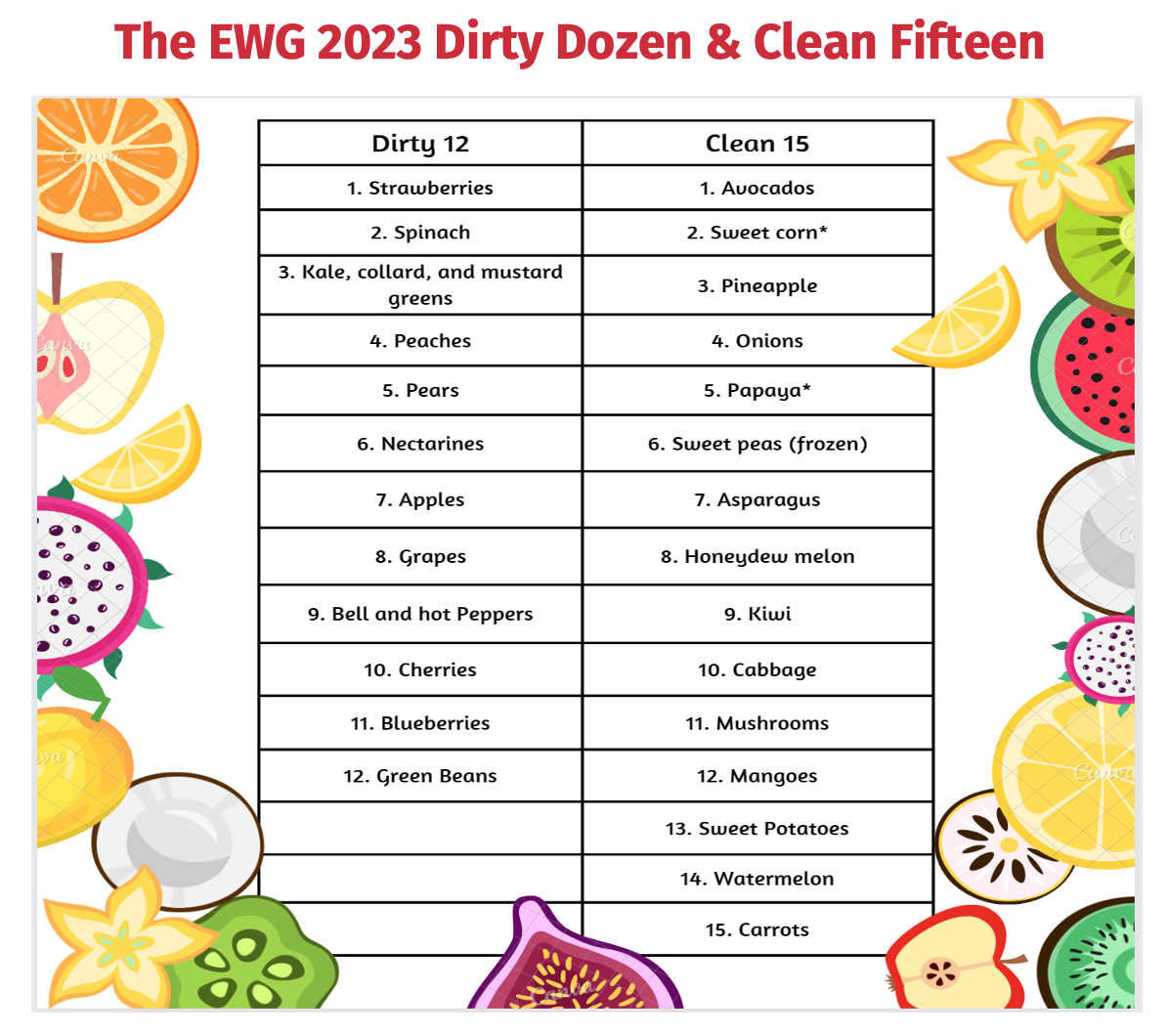Organic Food | Why it's critical for children's health

A childhood spent outdoors making mudpies and playing make-believe, faces with mile-wide grins coming home with squelchy water-soaked boots, grass-stained clothes, grubby hands and matted hair- this is what we imagine for our children when we are new parents. Sadly, today's reality couldn't be further from this idyllic picture. Our children are growing up tethered to screens, increasingly disconnected from nature, and facing a host of physical and mental health challenges. Compound it with a diet laden with processed foods, sugar-laden treats and conventionally grown produce, meat and dairy, and we have set our children up for a perilous journey.
A child's body continues to grow until 18, and their brain and nervous system are under development until the age of 25. Fetal life and early childhood are especially vulnerable periods for exposure to neurotoxicants and endocrine disruptors. Compared to adults, our children are therefore naturally more sensitive to all environmental toxins including pesticides.

In May 2015, the Center For Food Safety published a 'Fact Sheet' that highlighted a concerning link between glyphosate, a commonly used pesticide (marketed as "Round-Up" by Monsanto), and an increased risk of cancer. The World Health Organization, despite Monsanto's objections, takes this seriously. More recent research, such as the December 2022 systematic review in the Toxicology and Applied Pharmacy Journal, consistently underscores the link between pesticide exposure and rising cancer rates among children. Pesticides primarily wreak havoc through genetic and epigenetic impairments that promote cancer.
However, pesticides' harmful effects extend beyond cancer. A 2010 study led by Dr. Maryse Bouchard in Montreal, published in the journal Pediatrics, links pesticide exposure to an increased prevalence of ADHD in the U.S. and Canada. This neurodevelopmental disorder affects millions of children in the U.S., with diagnoses increasing steadily. Remarkably, this study found a direct correlation between organic food consumption and a reduction in ADHD symptoms. High levels of organophosphate pesticides in urine were associated with higher ADHD incidence. Switching to organic produce for just five days significantly lowered pesticide residue levels in the urine of children who typically consumed conventional produce.
My personal connection to this issue is profound. I grew up near a large conventional corn farm and vividly recall watching acres of corn being sprayed with pesticides. Unsurprisingly, I was later diagnosed with ADHD. The symptoms vanished when my parents shifted me to an organic diet.

There is increasing scientific evidence that dietary exposure of children to organophosphorus pesticides, measured as the level of pesticide metabolites in urine, is much lower on an organic than on a conventional diet. A 2015 cohort study reported that an increased risk of recurrent otitis media in young children has been positively associated with pre-natal pesticide intake. Hence, consumption of organic produce is a relatively simple means for parents to reduce their children’s exposure to pesticides.
Certified organic foods are grown without GMOs, antibiotics, hormones, and are cultivated in soil naturally rich in essential minerals. Organic farming practices also promote environmental sustainability, protect biodiversity, and prioritize animal welfare as evidenced by a study published in 2013.
Yet, a pressing question remains: Do organic foods offer superior nutrition?
Despite a controversial 2012 study from Stanford that claimed there is no significant nutritional difference between organic and conventional foods, subsequent research suggests otherwise. There are several systematic reviews and meta-analyses of published data that have revealed significant differences in the concentrations of nutritional content between organic foods and non-organic foods. Multiple studies have shown that organic varieties of produce have significantly greater levels of vitamin C, iron, magnesium, and phosphorus than non-organic varieties of the same foods. The authors of a 2017 article in the Food & Nutrition Research journal found that organic crops have 18-69% higher concentrations of individual antioxidants, which are linked to reduced risk of specific chronic diseases as well as cancers. On average, organic produce contains 25% more phytonutrients like Inositol Phosphates (Phytates), Lignans (Phytoestrogens), Isothiocyanates and Indoles, Phenols and Cyclic Compounds, Saponins, Sulfides, Thiols and Terpenes. The same article revealed that conventional food crops not only contain higher levels of the toxic metal cadmium, compared to organic food crops, they also showed higher concentrations of nitrogen, and nitrites, all of which can have negative effects on health.
The 2017 article authored by Baranski, et al., states that organic meat, milk, and dairy products have higher concentrations of omega 3 fatty acids. Organic milk contained more conjugated linoleum acid, iron, and a-tocopherol concentrations, more long chain polyunsaturated n-3 fatty acids as well as lower concentrations of harmful iodine and selenium compared to nonorganic or conventional milk. Meanwhile, a 2016 meta-analysis shows how organic meat has higher content of n-3 fatty acids, α-linolenic acid, and conjugated linoleum acid.

Children love their ice creams, however, when you buy conventional ice cream or cheese you are exposing yourself and your children to excessive genetically modified growth hormones and antibiotics that are given to conventionally raised cows. This is evidenced by a 2019 Laboratory analysis of retail milk samples in USA which concludes that “Current-use antibiotics and pesticides were undetectable in organic but prevalent in conventionally produced milk samples, with multiple samples exceeding federal limits. Higher bGH and IGF-1 levels in conventional milk suggest the presence of synthetic growth hormone.”
In conclusion, children consume more food and water per unit of body weight than adults while having less efficient enzymatic and immune systems. Therefore, they are more susceptible to harm from conventionally grown foods. Although the price of organic food may deter some, Dr. Bouchard wisely reminds us, "While pesticide-free fruits and greens may be more costly, they are worth the price in terms of future health."
For those concerned about costs, the Environmental Working Group's annual report on the "Dirty Dozen & Clean Fifteen" offers guidance on prioritizing organic purchases. Opting for organic versions of the "Dirty Dozen" is a wiser choice than relying solely on conventional produce.
*Note: Some sweet corn, papaya, and summer squash sold in the United States is produced from genetically modified seeds. The EWG recommends that consumers buy organic varieties of these crops if they want to avoid genetically modified produce.
In the words of Ann Wigmore, "The food you eat can be either the safest and most powerful form of medicine or the slowest form of poison." Let's nourish our children's bodies with the cleanest, safest foods and their souls with a deep connection to nature. By demanding organic foods, we can encourage more farmers to transition to organic farming, boosting supply and lowering prices.
In this journey, let's remember the wisdom of Mark Hoelterhoff, "Nature and children are natural playmates; they're both wild and messy, unpredictable and beautiful." Let's strive to preserve the purity of these precious assets of humanity.


